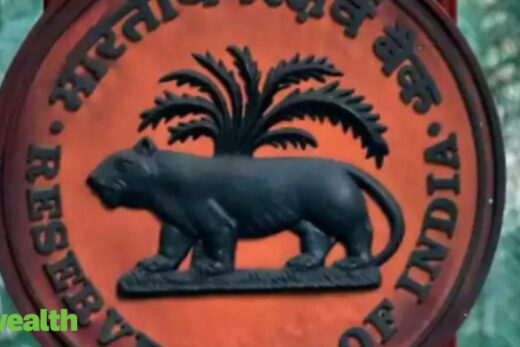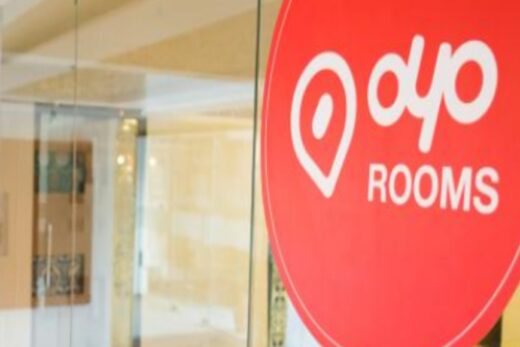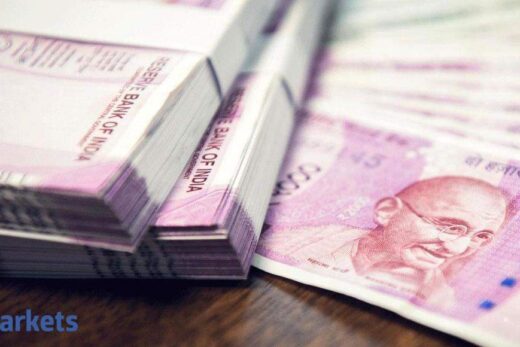Yesterday, Maharashtra, which has seen a resurgence of infections, announced a weekend lockdown starting 8 pm of Fridays to 7 am on Mondays and also extended the night curfew until further orders. Moreover, shopping malls, bars, restaurants and other eateries will be open only for take-aways while religious places, gymnasiums, amusement parks, indoor sports complexes, parks, playgrounds, beaches, salons and beauty parlours will remain closed.
The restrictions will hit sectors like hospitality, tourism and transport and could stun the post Covid 19 recovery seen so far, bankers said.
“Sectors like malls and multiplexes will be hit badly. For restaurants, the availability of take home options will cushion some impact. But ultimately, however you look at it discretionary spending will be hit. The key is how long this second wave lasts because if it comes under control by end of this month then the damage would be controlled,” said Suresh Khatanhar, deputy managing director IDBI Bank.
Reserve Bank of India data shows that outstanding bank loans to tourism, hotel and restaurants at Rs 48,102 crore are just about 0.50% of the Rs 94.94 lakh crore non food credit outstanding in the sector.
But then could be a larger impact on micro and small enterprises (MSMEs) linked to these sectors or those having supply chains passing through severely hit states like Maharashtra.
“Majority of service providers are all MSMEs by definition. Hospitality and tourism industries were still trying to come out of the impact of the last lockdown. They will be hugely impacted by this directive and we should be more worried about them,” said Sudhir Mutalik, chairman of CII Maharashtra, an industry lobby.
Manufacturing units in Maharashtra are operating uninterrupted as of now. However, if the lockdown extends to other parts of the country, supply chains and demand would be impacted, putting pressure on the sector, factory owners in the state he said.
Bank loan outstanding to MSMEs are a larger chunk of total non food credit at Rs 3.76 lakh crore as of February according to RBI data.
“The larger risk is the cascading effect lockdowns have on supply chains even in a restaurant business. More importantly if banks become more risk averse then the gains made on credit growth could be lost,” said Lalitabh Srivastawa, banking analyst at Sharekhan, a part of the BNP Paribas Group.
Banks will also be watchful of rising risk from unsecured loans like credit cards particularly as spending would be hit and job growth could be impacted.
“The next four weeks are crucial because if this wave spreads across the country and we have a national lockdown like situation we may have to redo our calculations,” said a senior private sector banker.
Small enterprises are in wait and watch mode. “We still have to see the impact; the curfews have just been announced. Businesses that are only operating on local or state-level consumption may get impacted because consumption in the state will definitely go down,” said Rishi Bagla, director of Aurangabad-based OMR Bagla Ltd.
Manufacturers will also face productivity loss due to offices being shut in urban areas where all transactions happen, even if production is carried out in industrial parks.

“The industry workers would be saved but the people working in the hospitality industry, shops, malls, et cetera would be the most impacted,” Bagla said.
However, the presence of a vaccine and last year’s experience of the lockdown along with government support to sectors hit due to Covid could cushion the impact this year unlike last year.
“We did not have a vaccine last year. This time we are already on a vaccination drive. The government’s emergency credit line guarantee scheme (ECLGS) has also worked well and has been extended to more sectors. The only risk is this new wave extending to other parts of the country otherwise we are in a better place than last year,” said Nitin Aggarwal, analyst at Motilal Oswal.
At the end of last month, the government extended the ECLGS to cover business enterprises in hospitality, travel and tourism, leisure and sporting sectors which had, as on 29 February last year, total credit outstanding not exceeding Rs. 500 crore and overdues, if any, were for 60 days or less, on that date. Under this scheme the government extension of upto 40% of credit outstanding to specified sectors for a six period including a two year moratorium of payment. These loans are guaranteed by the government.



